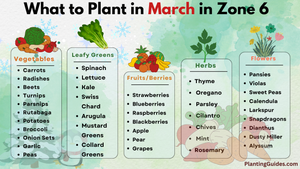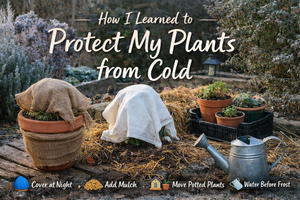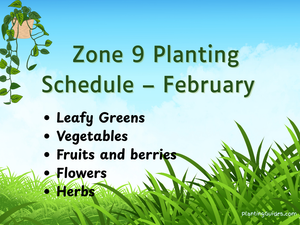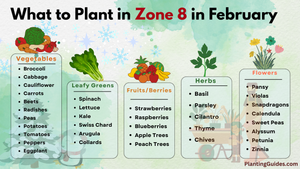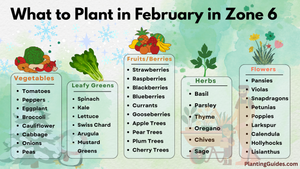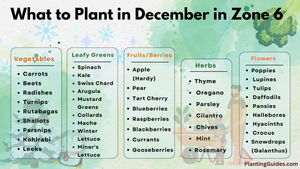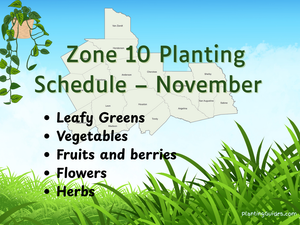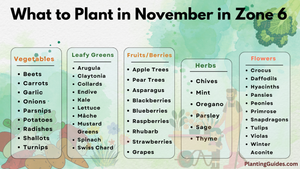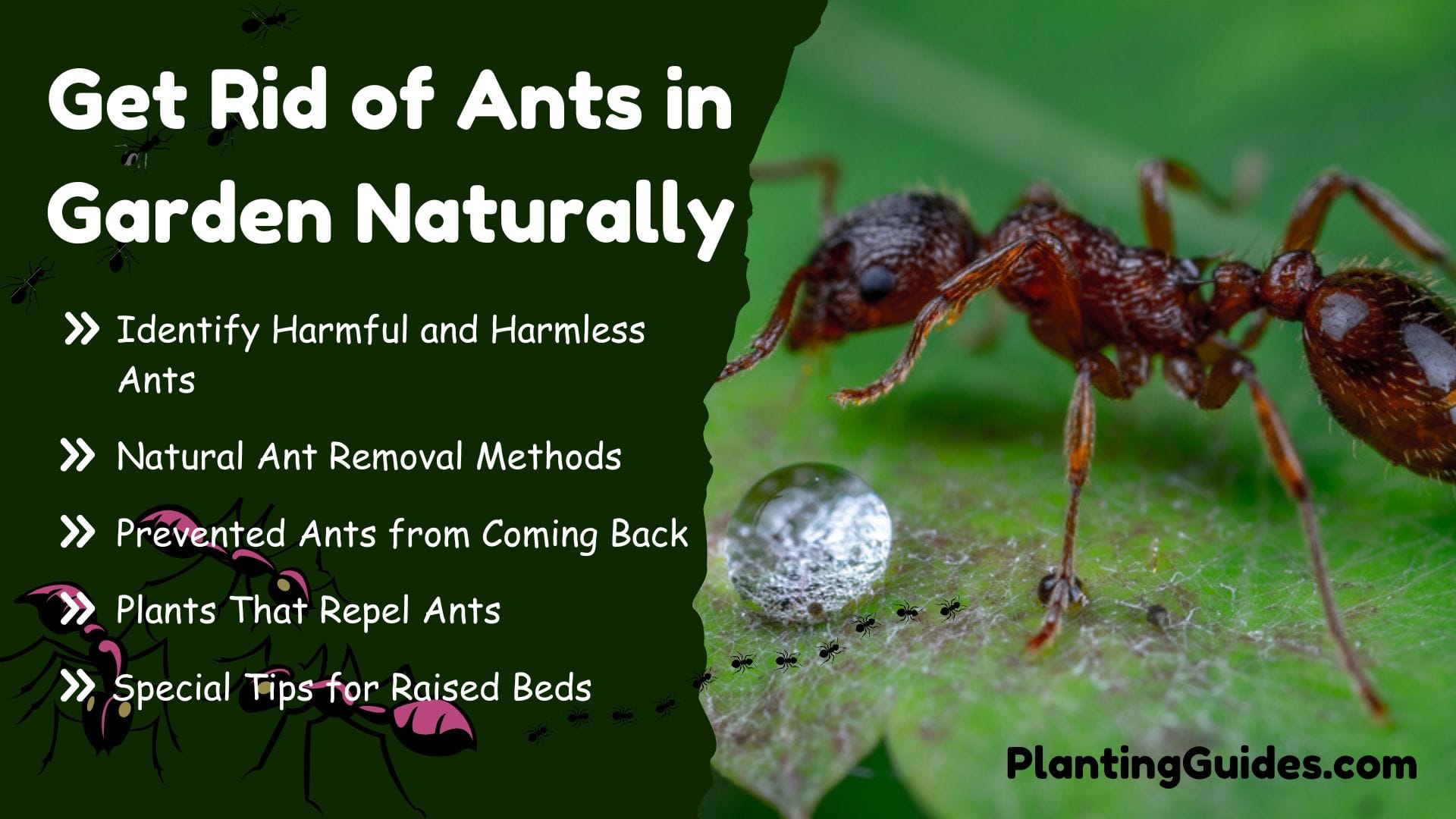
I always loved spending time in my garden watering plants, watching flowers bloom, and picking fresh vegetables. But last year, I noticed something strange: ants were everywhere.
They were crawling up the stems, under pots, and even building tiny hills in the soil. At first, I ignored them. But soon, my plants started looking weak, and I realized I had a real problem.
So I decided to take action, and let me tell you what worked, what didn’t, and how you can get rid of ants in your garden just like I did.
Why Ants Were in My Garden
At first, I had no idea why the ants were coming. But after watching closely, I found some reasons. Before I could get rid of them, I had to understand what was bringing them in.
| Cause | What I Noticed |
|---|---|
| Rotten fruits | I had dropped tomatoes and mangoes that I forgot to clean up. |
| Compost piles | Warm, moist, and full of food scraps — perfect ant habitat. |
| Dry soil & mulch | Ants love to dig in dry, loose areas and under thick mulch. |
| Potted plants | Some pots had full nests under the soil, especially in summer. |
| Aphids and whiteflies | Ants were farming them for the sweet honeydew they release. |
Ants usually come for food, water, or shelter. Once I saw what was bringing them, it was easier to get rid of them.
Not All Ants Are Bad - Identify Harmful and Harmless Ants
At first, I treated every ant as an enemy. But later, I noticed that some ants were helping me. They were eating dead bugs, cleaning the soil, and never climbing up my plants or causing any damage.
That’s when I realized I had to identify which ants to control and which ones to leave alone.
| Type of Ant | Harmful or Harmless? | What They Do | How to Identify |
|---|---|---|---|
| Fire Ants | Harmful | Sting painfully, damage roots, very aggressive | Reddish-brown; build sandy mounds |
| Carpenter Ants | Harmful | Tunnel into wood, damage raised beds or fences | Large, black or red; nest in wood |
| Argentine Ants | Harmful | Farm aphids, invade pots and vegetable beds | Small, brown; fast-moving in large groups |
| Black Garden Ants | Harmless unless farming aphids | Can help break down organic matter, but may protect aphids | Shiny black, small; often near flowers or stems |
| Field Ants | Harmless | Eat dead bugs, aerate the soil | Black or red; large and usually stay on the ground |
| Pavement Ants | Mostly harmless | Nest in cracks, usually don't affect plants | Brown to black, small; live near walkways |
Some ants help your garden, but others like fire ants or aphid farmers cause problems. So, before removing ants, check if they’re doing good or causing trouble.
Natural Methods I Used to Get Rid of Harmful Ants
I wanted solutions that were safe for my vegetables, flowers, and bees (mainly I didn’t want to use chemicals that could hurt bees or my veggies). So I used only natural remedies, and here’s what helped the most.
| Method | How I Used It | Results |
|---|---|---|
| Boiling Water | Poured directly into visible ant holes (carefully). | Killed nests instantly. |
| Diatomaceous Earth (DE) | Sprinkled around plants and trails (used food-grade only). | Very effective within 2–3 days. |
| Cinnamon Powder | Made a barrier around pots and beds. | Repelled ants — they avoided it. |
| Vinegar Spray | Mixed vinegar + water (1:1) and sprayed on ant trails and entry points. | Broke their scent paths. |
| Orange Peel Paste | Blended orange peels with a little water, placed near nests. | Disrupted nests and trails. |
| Sugar + Boric Acid Trap | Mixed 1 tsp boric acid with 1 tbsp sugar & a little water; placed near trails. | Took 3–5 days but killed the colony. |
| Neem Oil Spray | Mixed 1 tsp neem oil with water and sprayed on trails and nest areas. | Repelled ants and stopped them from coming back. |
Some methods work fast, like boiling water, while others take time but kill the whole colony, like boric acid traps. It’s best to use a mix of these methods for better results, depending on how serious the ant problem is.
My DIY Safe Ant Spray (Used Weekly)
This is the homemade spray I still use when I spot new trails.
Ingredients
- 1 cup white vinegar
- 1 cup water
- 1 tablespoon dish soap
How I Use It
Just mix all in a spray bottle and use it on:
- Ant trails
- Near the base of plants (but not directly on the flowers)
- Around pot edges
Avoid spraying directly on flowers or bee-attracting plants.
It smells strong but works great.
How I Prevented Ants from Coming Back
Once I removed the ants, I wanted to make sure they didn’t return. Here are a few habits I follow now to keep the ants away permanently.
| What I Changed | Why It Helped |
|---|---|
| Controlled aphids with neem oil | Removed ant food source (honeydew) |
| Picked up fallen fruits daily | Reduced sugary attractions |
| Mixed the mulch weekly | Broke up hiding places |
| Used mesh under pots | Stopped ants from nesting in containers |
| Planted mint & garlic borders | These naturally kept ants away |
Ants mostly come for food or shelter. If you clean up their food and block their hiding places, they won’t stay around.
Plants That Helped Me Repel Ants
Some plants gave me extra help, they naturally kept the ants away.
| Plant Name | How It Helps | Where I Planted Them |
|---|---|---|
| Mint | Strong smell ants hate | Around the vegetable beds |
| Garlic | Strong sulfur smell repels ants | Mixed with tomatoes |
| Lavender | Strong oils repel insects | Near garden entrance |
| Marigold | Ants and bugs avoid its scent | In every corner of the garden |
| Tansy | Bitter scent, bugs avoid it | Along fence line |
These plants naturally keep ants away with their strong smell. Planting them in the right spots can help protect your garden without any sprays.
Now you might ask, “Do these plants repels pollinators too?”
Don’t worry, I wondered the same. But no, these plants do not repel pollinators. In fact, most of them are actually great for attracting bees and butterflies while still keeping ants and pests away.
Special Tips to get rid of ants from Raised Bed
I use raised beds for most of my veggies; they keep the soil rich, drain well, and make gardening easier. But guess what? Ants love them too.
Because raised beds have:
- Loose, dry soil (easy for nesting)
- Wooden frames (ideal for carpenter ants)
- Warm, sunny corners (ants love heat)
These make the perfect hiding spots for ants. And here are my best tips just for raised bed gardens.
| Problem in Raised Bed | What I Did |
|---|---|
| Ants nesting under mulch | Removed top mulch, sprinkled Diatomaceous Earth (DE), then added mulch back |
| Ants hiding in wooden corners | Sprayed vinegar + dish soap mixture into cracks (not on soil) |
| Ants protecting aphids on veggies | Used neem oil spray on leaves, wiped off aphids gently |
| Ants climbing from the bottom | Lined bed bottom with fine mesh or copper screen when building |
| Repeated return of ants | Made boric acid + sugar traps and placed near raised bed edges |
Plant mint or garlic near the bed legs. These are natural ant deterrents that also keep other pests away.
